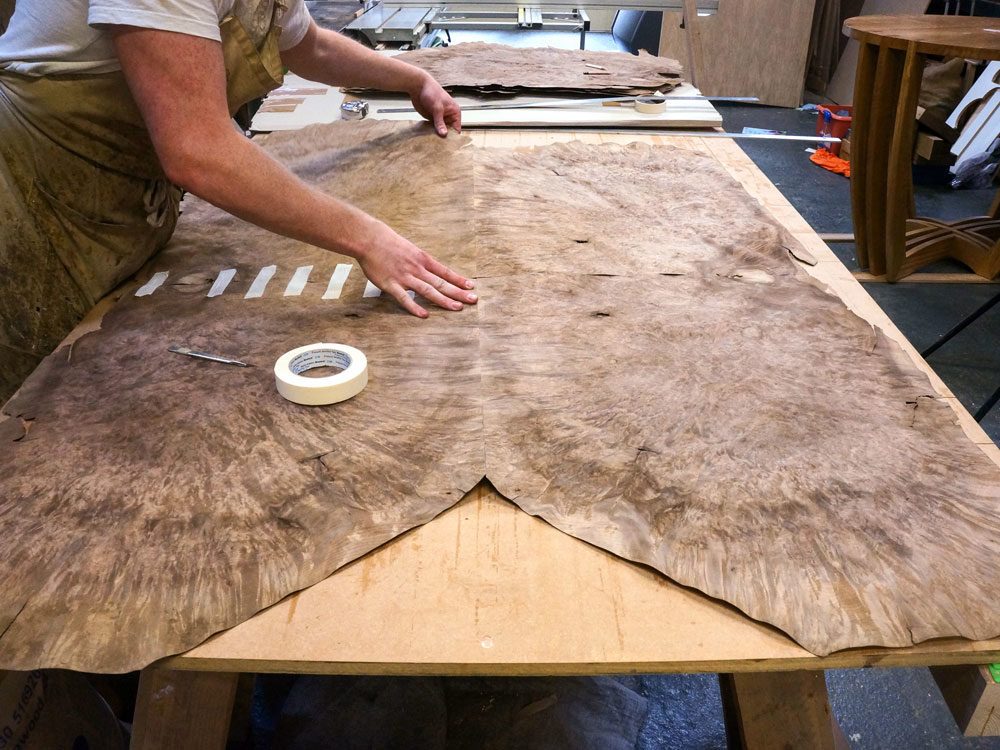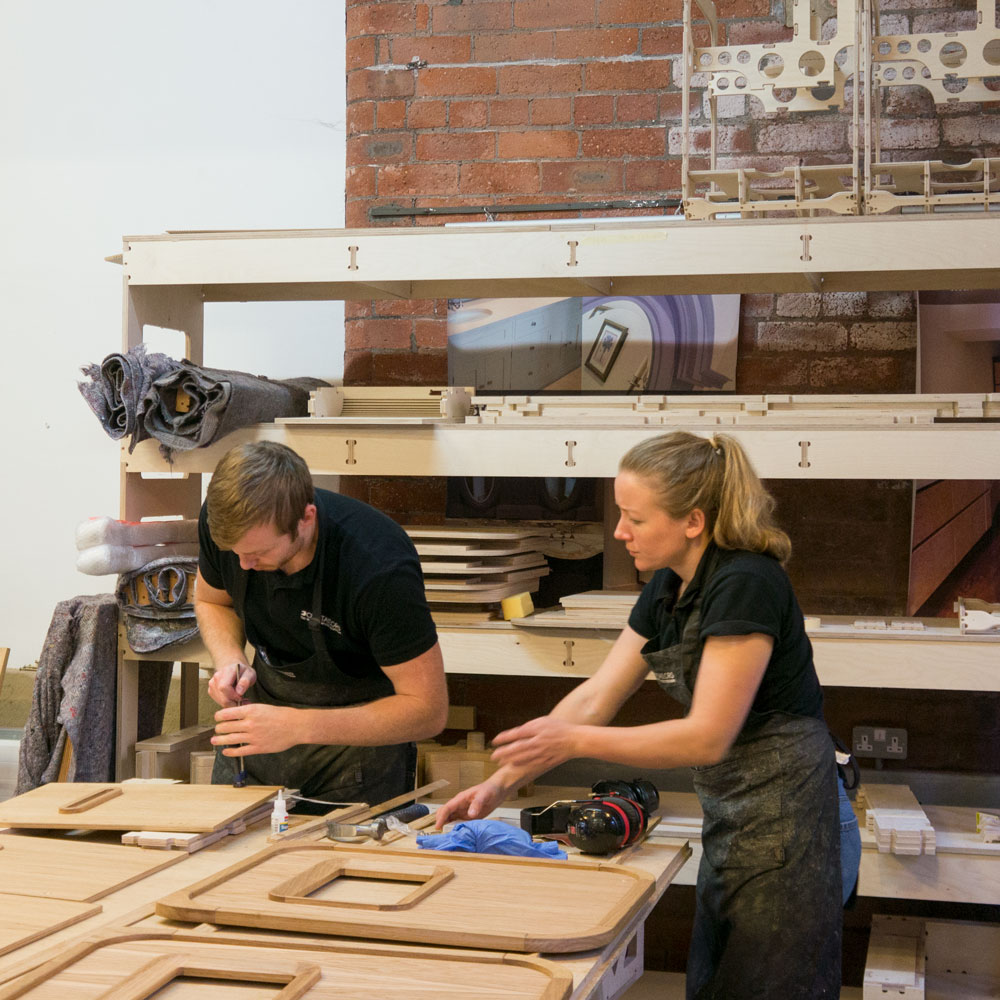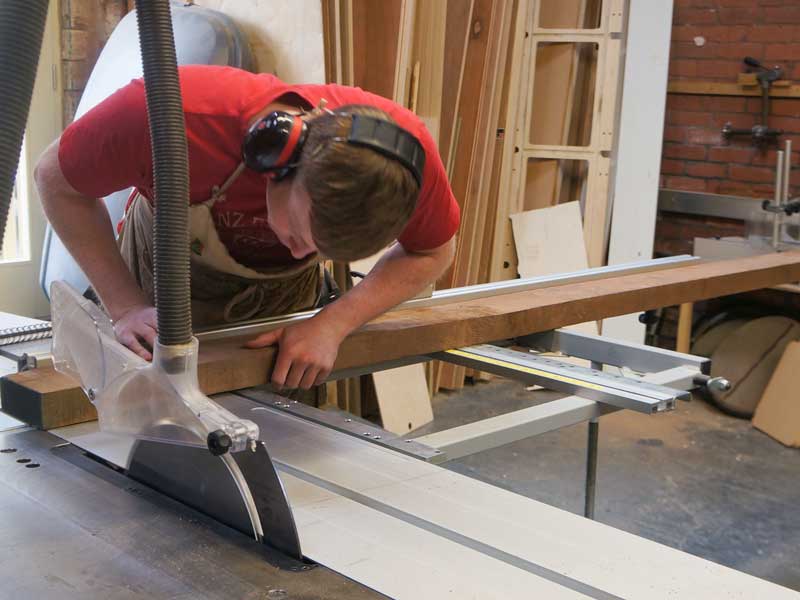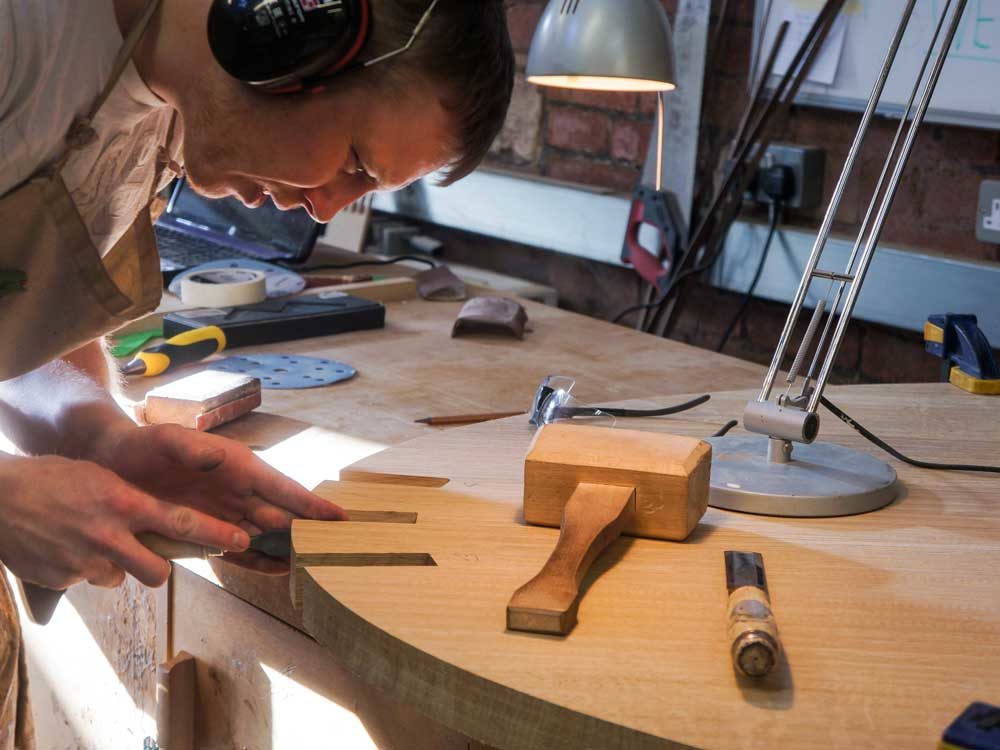William Morris famously said: ‘Have nothing in your house that you do not know to be useful or believe to be beautiful’ and whilst it might be quite a stretch to achieve this in a busy modern home, it isn’t a bad philosophy to live by.
We exist in a very design-led age where everything from vacuum cleaners to gin bottles is styled to grab consumer attention. On top of this, we are bombarded by claims that products are handcrafted, bespoke or artisan.
So, at a time when the word “craft” is at risk of losing its true meaning, we were intrigued by a new exhibition at Harewood, near Leeds, entitled Useful/Beautiful: Why Craft Matters.
Harewood’s curator Hugo Macdonald says the event “aims to challenge preconceptions, spark interest and inspire debate about the role craft can play in culture, identity and society”. It showcases the work of 26 different craftspeople and runs until September.
Hugo adds: “Some techniques, like book-binding, basket and textile-weaving, have hardly changed for millennia. Some have evolved, incorporating technology to explore new possibilities of process, form and function.”

We can really identify with these comments as so many of the skills we use in our workshop, such as veneer bookmatching, have been passed down through generations whereas the use of technology has broadened our creative capabilities enormously.
What is interesting about exhibitions like the one at Harewood is their ability to show craft as a process. William Morris was a pioneer of the Arts & Crafts movement which developed at a time when Britain was undergoing huge social evolution due to industrialisation. In modern Britain we are currently experiencing unprecedented change both socially and economically thanks in large part to advancing technology and automation.

It is at times like this that the process of making something – anything – is brought into sharp focus because we begin to look not just at the products before us but at their usefulness and aesthetic appeal. As the world around us is rearranging itself, we become less interested in end products and more engaged with the journey to create them, partly because this gives us a feeling of sustainability and also because it gives the product a certain value that has nothing to do with money.
As Hugo says, craft can teach us about ‘resourcefulness, repair, respect and resilience’.

With this in mind, we believe that craft is about three things rather than two – usefulness, beauty and integrity. When we are working on a new design with a customer, the function of the finished product informs the development process. Aesthetics evolve naturally from discussions about materials, setting and the customer’s personal style and taste. Integrity derives from the making process – in other words, the crafting. When products are made with care, precision and passion they are a shining example of modern day craft.
To discuss a bespoke furniture project with Dovetailors call us on 0113 256 7376

